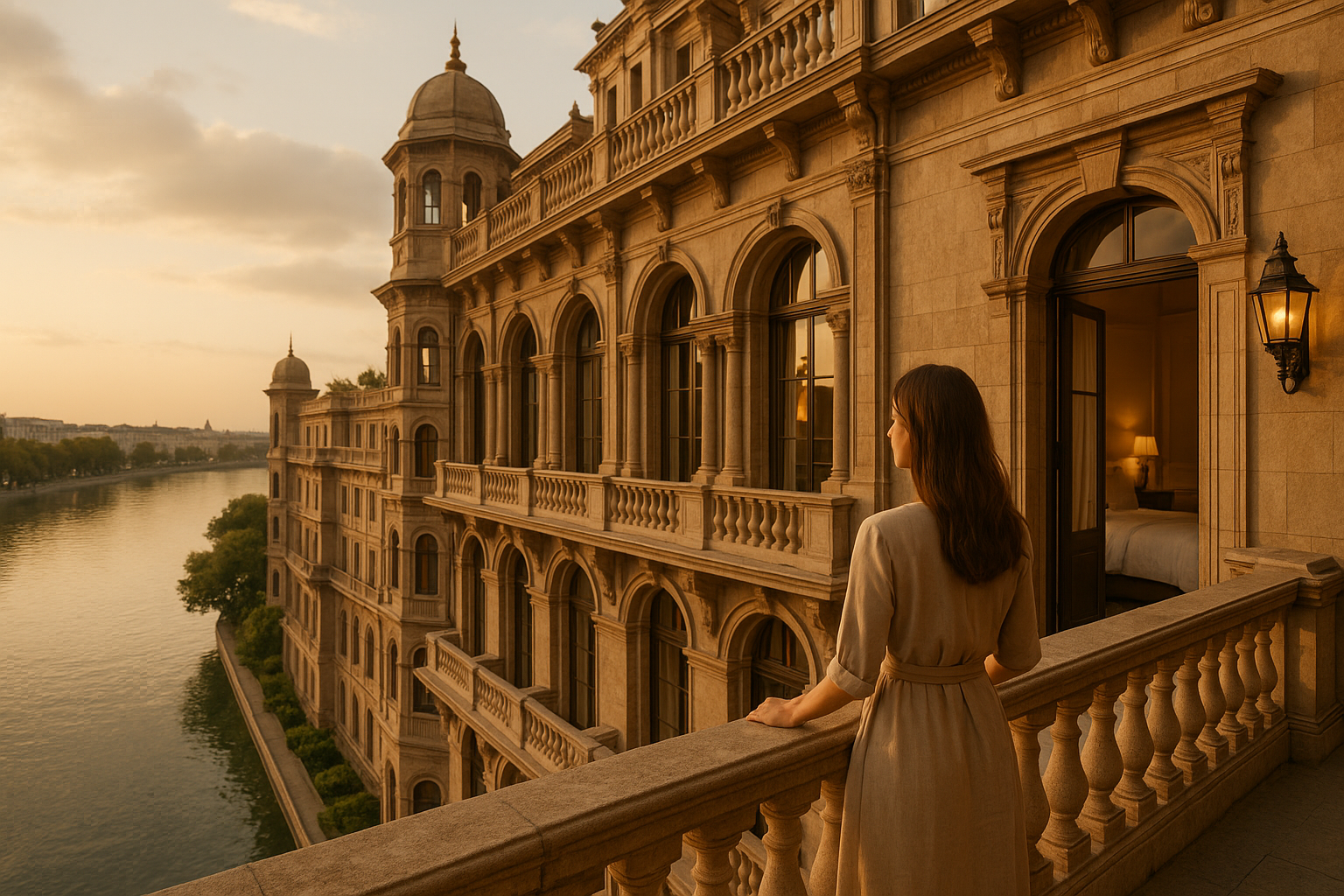Rediscovering the Old Charm: The Resurgence of Heritage Hotels
In the ever-evolving world of travel, one trend that has been making a steady comeback is the allure of heritage hotels. These time-honored establishments, often housed in historic buildings, provide a distinctive travel experience that blends luxury with a sense of history and cultural authenticity.

A Glimpse into the Past: The Origin and Evolution of Heritage Hotels
Heritage hotels have a rich history that dates back to the 19th century. They were initially royal palaces, colonial mansions, or historic landmarks converted into hotels to preserve their architectural grandeur and cultural significance. As tourism evolved, these hotels gained popularity for offering a unique blend of historic charm and modern luxury, offering travelers an immersive and authentic way to experience a destination’s culture and history.
Riding the Wave: The Current Relevance of Heritage Hotels
Despite the rise of minimalist and contemporary accommodations in recent years, heritage hotels have managed to stay relevant, and their popularity is only growing. According to a survey by the Global Heritage Fund, 72% of respondents prefer heritage hotels for their unique ambiance and cultural immersion. This resurgence can be attributed to the increasing desire among travelers for authentic and meaningful experiences.
The Allure of Time Travel: The Appeal and Challenges of Heritage Hotels
The primary appeal of heritage hotels lies in their ability to transport travelers back in time. They offer a unique opportunity to immerse in a bygone era, often characterized by grand architecture, antique furnishings, and a rich narrative of historical events. However, maintaining these properties while preserving their authentic charm can be challenging. It requires a delicate balance between modernization and preservation, ensuring the property remains appealing to modern travelers without losing its historical integrity.
A Deeper Look: The Impact of Heritage Hotels on Travelers
Staying in a heritage hotel can significantly enhance a traveler’s experience. It allows for a deeper connection to the destination, revealing layers of history and culture that might otherwise remain unseen. However, it’s important to note that these experiences often come with a higher price tag, reflecting the cost of maintaining and operating these historic properties.
A Touch of History: Unearthing Hidden Gems
-
The Rambagh Palace in Jaipur, India, originally built in 1835, is a splendid example of a heritage hotel. Its grand architecture and royal history offer an unparalleled experience of regal luxury.
-
The Grand Hotel Europe in St. Petersburg, Russia, is a notable heritage hotel with its art nouveau architecture and history dating back to 1875.
-
The Fairmont Le Château Frontenac in Quebec, Canada, is a majestic heritage hotel that offers stunning views of the St. Lawrence River and the old city.
In conclusion, the resurgence of heritage hotels is a testament to the timeless appeal of history, culture, and authenticity in travel. These establishments offer a unique travel experience, allowing guests to step back in time and immerse themselves in the rich narrative of their chosen destination. As we continue to navigate the ever-changing landscape of travel, heritage hotels serve as a reminder of the enduring allure of the past and its seamless integration with the present.




